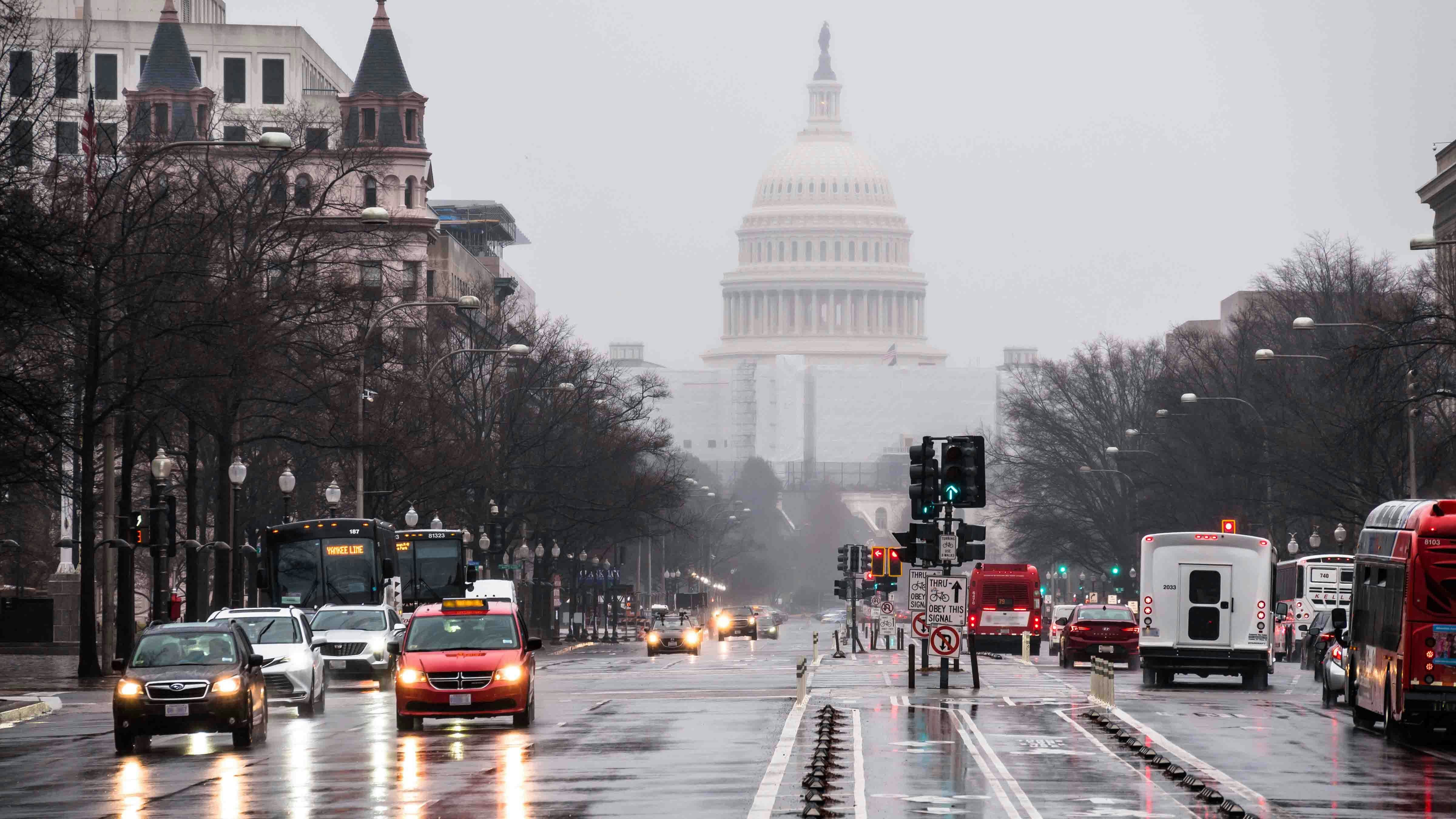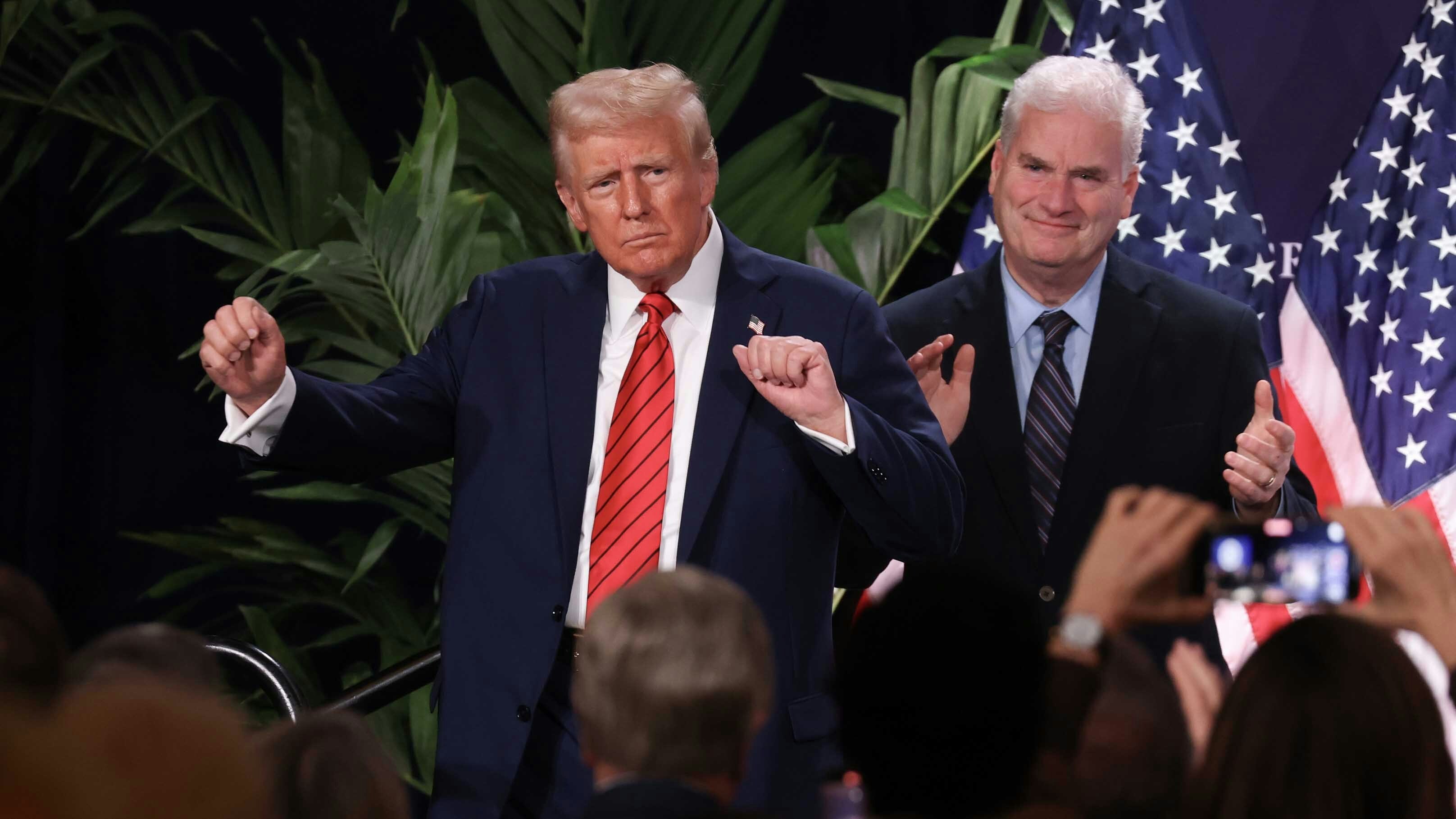Dear editor:
Last week, Cowboy State Daily ran an op-ed from George David Banks praising Senator Lummis for supporting legislation called the PROVE IT Act.
Banks claims the measure “is an America First proposal that would help the nation promote the development of its natural resources and manufacturing base and the interests of its workers while protecting its commercial interests abroad.”
However, there is nothing “America First” about countering misguided trade practices of other countries with our own poorly conceived protectionist policies.
Although Banks goes to great strides to avoid the word tariff, it is clear that the end goal of the PROVE IT Act is to implement a system of tariffs and taxes. This will ultimately hurt American families.
Given the interconnected nature of the global economy and the presence of foreign components in most consumer products, a tariff targeting greenhouse gas emissions essentially functions as a tax on everything.
Although some protected industries may find tariffs beneficial, the overall effect will be negative as import taxes will inflate prices and redistribute wealth toward politically favored producers and the government, diminishing the overall wealth of Americans along the way.
Contrary to his claims that the PROVE IT Act won't result in a domestic carbon tax, several factors contradict this assertion.
If the PROVE IT Act and the resulting tariffs are implemented, potential conflicts with World Trade Organization regulations would necessitate a domestic carbon tax.
Additionally, implementing a carbon tariff would require a new administrative body to monitor the carbon footprint of traded products. The expansionary tendency of bureaucracies will produce advocates both in and out of government to further a domestic carbon tax.
Proponents of the PROVE IT Act seem to act oblivious to the unintended consequences of their policies.
While it’s fashionable these days to frame policy objectives around countering China, weaponizing global supply chains through tariffs is counterproductive.
Rather than hindering China, it may expedite its ascent by reshaping supply chain networks in a way that is even more beneficial to China.
Additionally, proponents of tariffs often fail to think through the second-order effects of their policies. Over the past decade, Wyoming's coal producers have faced a shrinking domestic market due to excessive regulations and the decline in natural gas prices.
Despite this, there's great potential to increase exports of Wyoming coal as demand continues to increase in developing nations.
If tariffs are implemented, we should anticipate retaliatory measures from other countries, which would thwart these growth prospects for our domestic industries.
Reflecting on the history of U.S. tariff policy reveals a pattern of policy failures.
Past episodes demonstrated that tariffs fell short of achieving intended objectives, such as reviving protected industries, preserving employment opportunities, and facilitating access to international markets.
These are the same objectives that are being outlined by proponents of the PROVE IT Act, and there’s no reason to believe things will be different today.
Don’t be fooled, The PROVE IT Act is bad for Main Street. Senator Lummis should reconsider her support for this flawed legislation.
Alex Stevens
Manager of Policy and Communications, Institute for Energy Research





